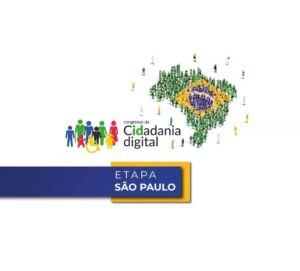On April 19, Brazil celebrates Indigenous Peoples Day, a date that not only honors the diverse cultures and traditions of indigenous peoples but also highlights essential issues related to their identity and identification.
Identity is a fundamental element for indigenous peoples, as it is intrinsically linked to their roots, languages, customs, and ancestral territories. For them, identification is not limited to formal documents; it represents the preservation of their cultural identities and the guarantee of their rights as indigenous peoples.
However, the issue of identification for indigenous peoples often faces significant challenges. One of the main obstacles is the lack of adequate official documentation that recognizes their ethnic and cultural identities in a complete and respectful manner. This can lead to difficulties in accessing public services, such as healthcare and education, as well as in the protection of their territories and rights.
In this context, the National Identity Card (CIN) emerges as an important tool that can help indigenous peoples overcome these challenges. By unifying the CPF as a unique identifier, the CIN facilitates the identification process, providing more comprehensive documentation recognized throughout the national territory. This not only simplifies access to government services and programs but also strengthens the cultural and ethnic identity of indigenous peoples by recognizing them as citizens with unique rights and identities.
Furthermore, the preservation of indigenous languages is a crucial part of the identity of these peoples. Often, the lack of effective policies to promote and teach indigenous languages can lead to a gradual loss of cultural identity and ancestral knowledge.
In light of these challenges, it is essential to promote inclusive and respectful public policies that ensure the recognition and protection of indigenous identities. This includes strengthening identification systems that consider the cultural and linguistic specificities of indigenous peoples, as well as implementing education and promotion programs for indigenous languages and cultures.
It is important to emphasize that the identity of indigenous peoples goes far beyond documents and numbers. It is built upon centuries of history, traditional wisdom, and a deep connection to the land. On this Indigenous Peoples Day, it is essential to celebrate and recognize this cultural wealth while seeking concrete solutions to the challenges faced in the identification and appreciation of these peoples, who are so important to Brazil’s diversity and history.
InterID continues its mission to help Brazil achieve the UN goal that by 2030, all people will have access to civil identity (ODS16).




